Do bears really sleep all winter?
This, and other questions & answers for your curious inner child.
If you’re new to this newsletter, this is my just-for-fun segment each month that is essentially: “What I Googled This Month”. The intention is to bring some levity to your inbox and who knows- maybe you can parade some new fun facts at your next gathering.
You can read a brief blurb about my insatiable thirst for random facts here.
Please note: I am not an expert and this is truly just for fun. I don’t personally stand behind any of the sources. If you’d like to learn more or fact check, feel free to do some googling on your own as well and let me know what you find!
Why I googled: Like everyone else, I come across tidbits of information in my social media scroll/ podcast listening and this one felt like a “perhaps fact” so.. google to the rescue!
What I learned:
Humming can also be used as a form of mindfulness or distraction. It can help you focus on the present moment and reduce intrusive thoughts, which might be why it seems like you can’t “think” in the usual way while humming. This can be beneficial for reducing anxiety or overthinking.
And, yes, humming stimulates the vagus nerve, a crucial component of the parasympathetic nervous system. This nerve influences various bodily functions, including heart rate, digestion, and mood regulation. Activation of the vagus nerve through humming can enhance parasympathetic activity, promoting relaxation and reducing stress. (Source)
Bonus: How to start a humming practice for stress relief.
What I learned: Sort of? It’s less about the length, and more about the duration of time for each individual’s “hair growth cycle”.
Hair length is completely controlled by the length of the anagen phase of your hair follicle. How long this period lasts is generally determined mostly by genetics, but can also be affected by hormones, and even extreme stress. (Source — and you can click the link to find a formula that will help you determine the duration of your hair growth phase!)
BONUS/ SLIGHTLY RELATED QUESTION:
Why do I get a headache when my hair feels dirty/ greasy?
When you go too long without shampooing your hair, oils and dead skin cells can start to build up around the hair shaft. While a little bit of oil can be beneficial for your hair, too much oil can suffocate the hair root and lead to inflammation. This inflammation can then lead to swelling and a buildup of tissue, which presses against nerve endings at the base of your hair follicles and in your scalp. The end result is a painful, irritated scalp that may feel sore to the touch. (Source)
**Note— the above information is from a shampoo biz so I wanted to make that disclaimer!
What I learned:
Children tend to experience nosebleeds more frequently than adults primarily due to the anatomy of their nasal passages and their habits. The blood vessels in a child's nose are closer to the surface and more delicate, making them more susceptible to injury and bleeding. Additionally, children are more prone to nose-picking, which can damage the delicate tissues and cause nosebleed. (Source)
What I learned:
In fresh water, young salmon mostly eat small insects such as mayflies, stoneflies, caddisflies, blackflies, and riffle beetles. Sometimes they eat small amphibians and fish.
When they're in the ocean, young and adult salmon eat a wide variety of prey, including:
Fish such as capelin, Atlantic herring, sand lance, barracudina and lanternfish.
Crustaceans such as amphipods and euphausiids or "krill."
Cephalopods like squid and octopus.
Polychaete worms.
Just before adults migrate to estuaries to begin the spawning migration, they stop eating altogether. (Source)
Bonus Fun Fact:
The pink or red color in salmon flesh comes from carotenoids, a natural pigment present in many vegetables such as carrots, tomatoes and pumpkins. Crustaceans such as shrimp and crabs contain high levels of carotenoids. (Source)
What I learned:
Bears hibernate during winter, but aren’t sleeping the whole time. Hibernation for bears simply means they don’t need to eat or drink, and rarely urinate or defecate (or not at all). There is strong evolutionary pressure for bears to stay in their dens during winter, if there is little or no food available. But bears will leave their dens on occasion, particularly when their den gets flooded or is badly damaged.
Bears do wake up, however, and move around inside the den. It’s kind of like your dog sleeping. Bears will go through a lot of posture changes where they wake periodically to shift around. It is thought this helps prevent pressure sores from developing. Bears also shift positions to better conserve heat.(Source)
Bonus Fun Fact that blew my mind:
Bears give birth during hibernation!! 🤯
While bears will mate in June, the embryo doesn’t implant in the uterus until the fall— and then only if the female has gained enough body fat to see her through the winter months when she is hibernating. In October or November, the female looks for a spot to hibernate, usually under a tree stump or log, which she lines with grass, twigs, and leaves. In January, she gives birth, typically to one or two cubs. The cubs nurse while she continues to doze periodically, and when they all emerge in April or May, the cubs have grown to weigh around five pounds each.
The cubs stay with their mother all summer and hibernate with her over the winter. The following spring, she pushes them out of the den to be on their own. (Source)





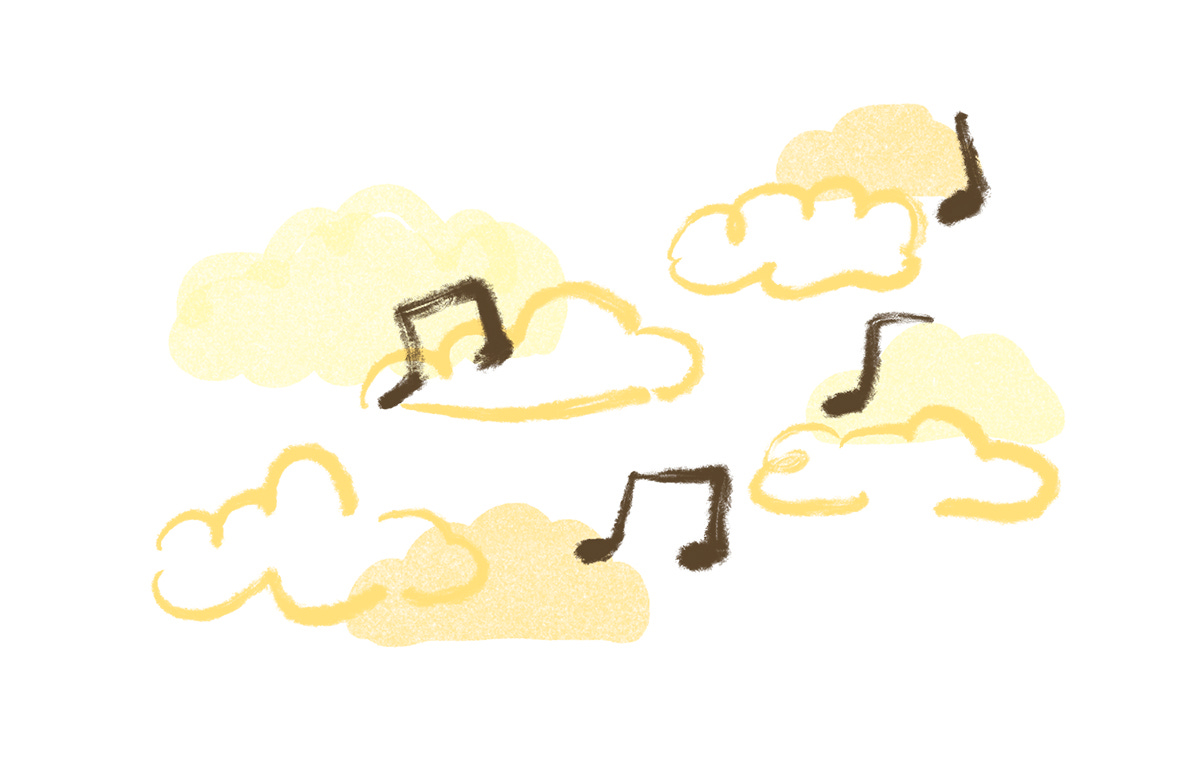
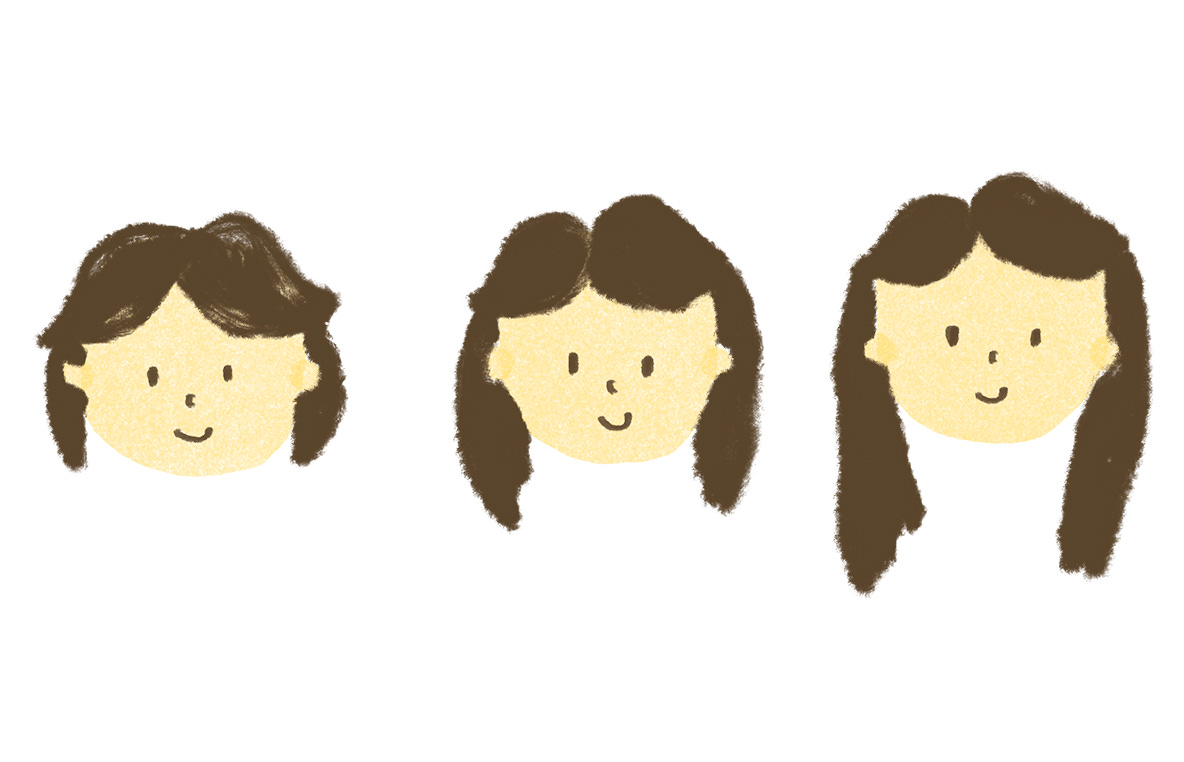
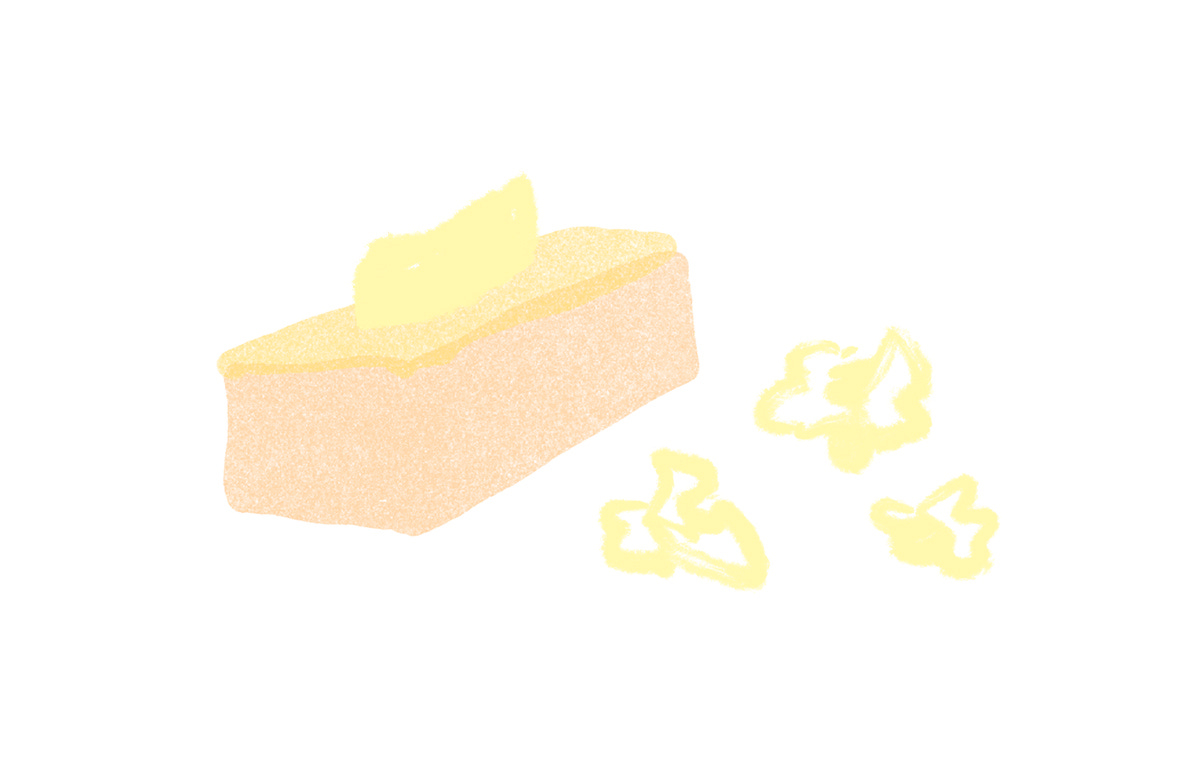
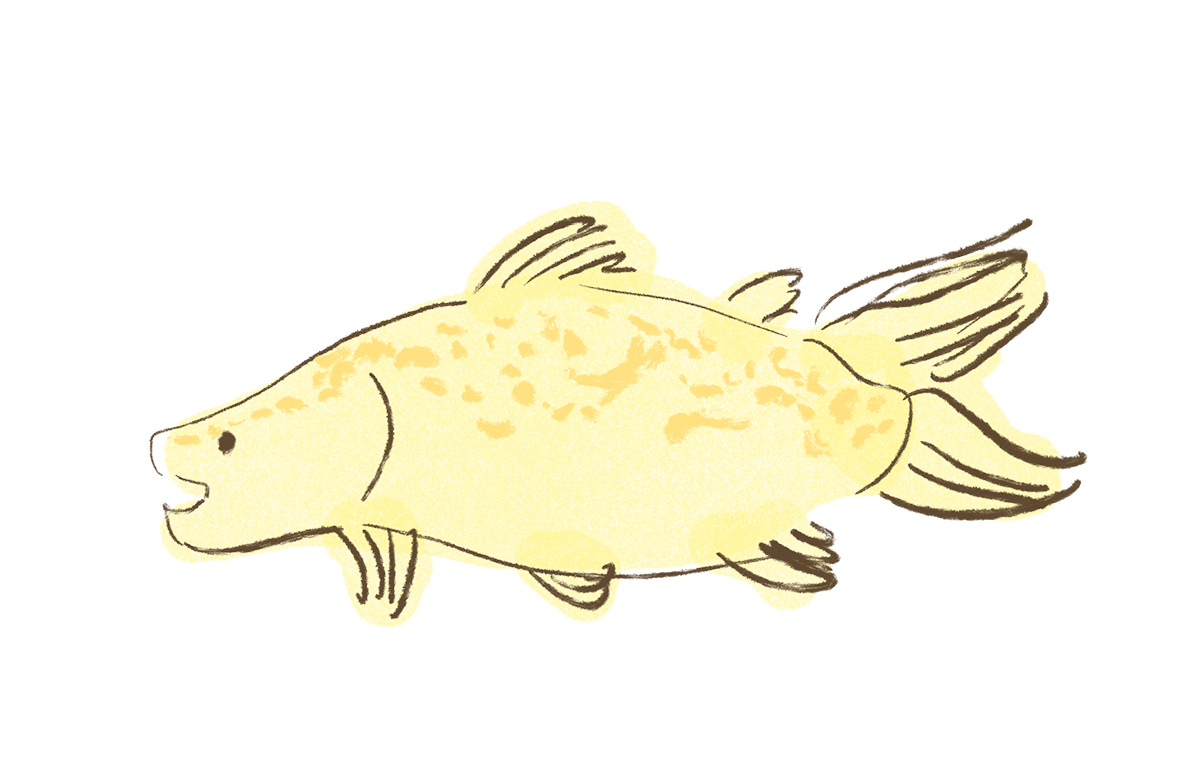
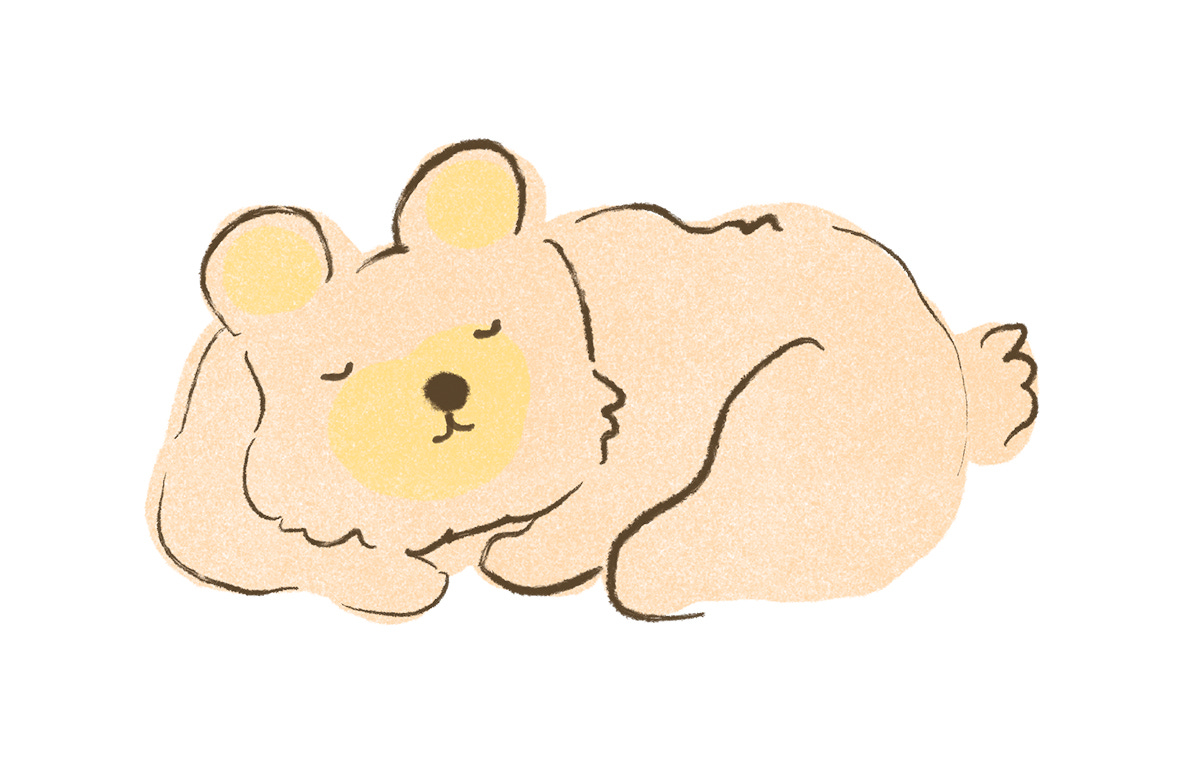
So much science!! Love it!